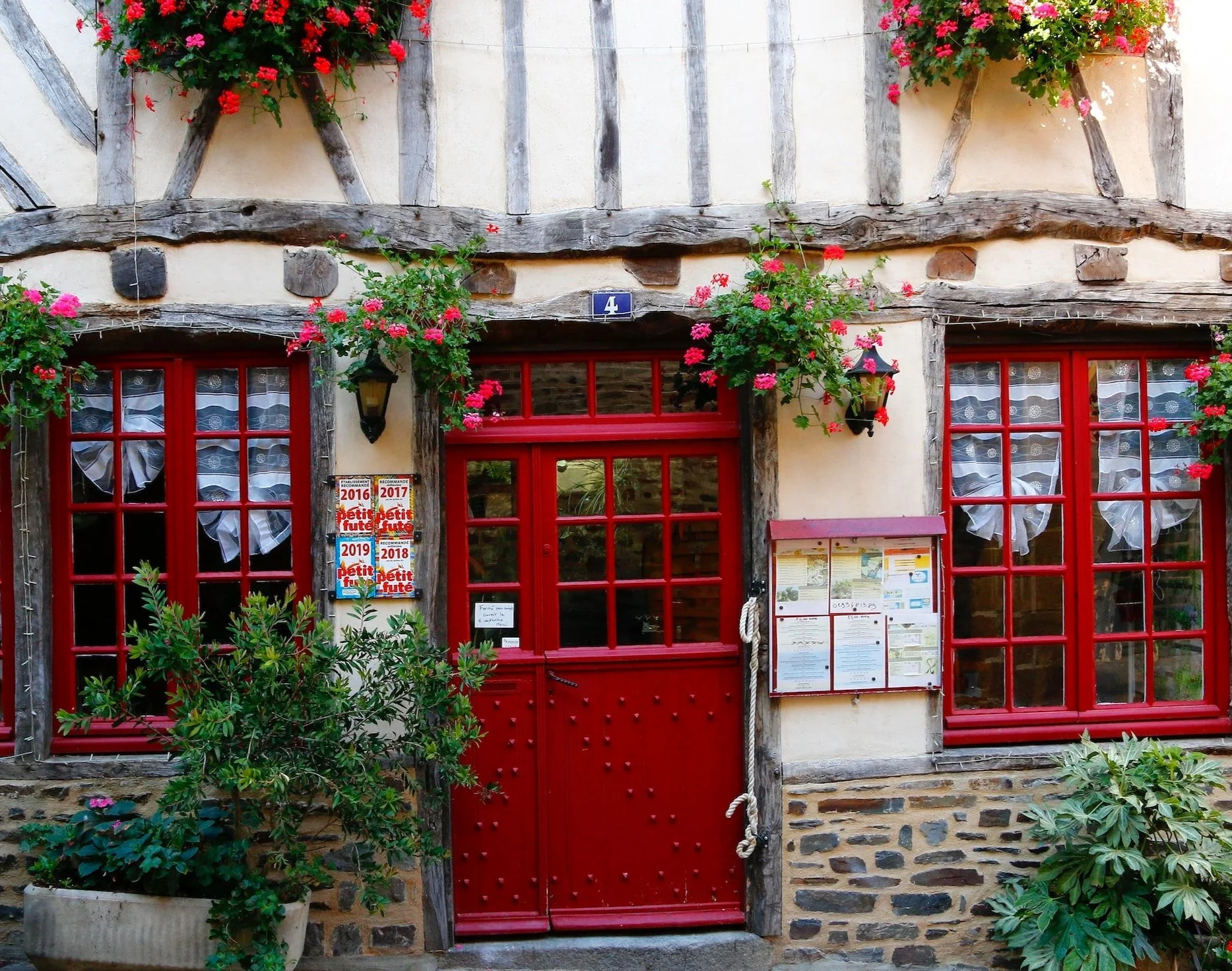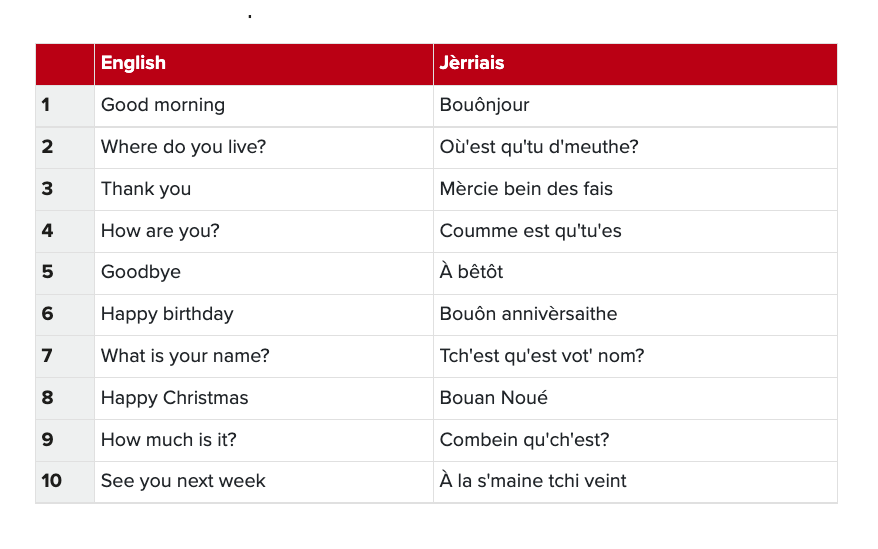“Everybody goes to the same handful of sites. If you just go to those sites, you’re going to have a trip that is shaped by crowds. Or you can break free from that and realize that you can study the options and choose sites that are best for you. You can go to alternative places that have that edge and that joy and that creative kind of love of life. ‘Second cities,’ I call them.”
”
If you’re a parent or guardian of a teen for whom a trip to France would mean a first trip overseas, chances are good that that trip will be a seminal experience. So that prompts a question: what sort of experience should that ideally be? Nobody would suggest that first-time visitors to France shouldn’t try to see such must-see landmarks as the Louvre, the Eiffel Tower, or Versailles. But during the summer, Paris is invaded by throngs of tourists. Visitors spend hours waiting in long lines and often have to jostle their way through the hoards, trying to keep from getting pickpocketed. It can be just as exhausting and frustrating as enriching. Many tourists can’t wait to get home.
A QBE expedition makes for a different type of European exposure. Most of our destinations are the “alternative places” Steves talks about—small ports where a traditional way of life still survives: folkways, local cuisine, architecture, even traditional languages: e.g., Breton in Brittany, Jèrriais (Jersey French) in Jersey, and Guernésiais (Guernsey French) in Guernsey. And that’s part of what makes a QBE expedition such a unique—even once-in-a-lifetime—adventure. Still, as we’ve suggested before, there’s no reason you can’t have your gâteau and eat it, too. Just tack on a few extra days to visit a cultural capital as well the provinces.




